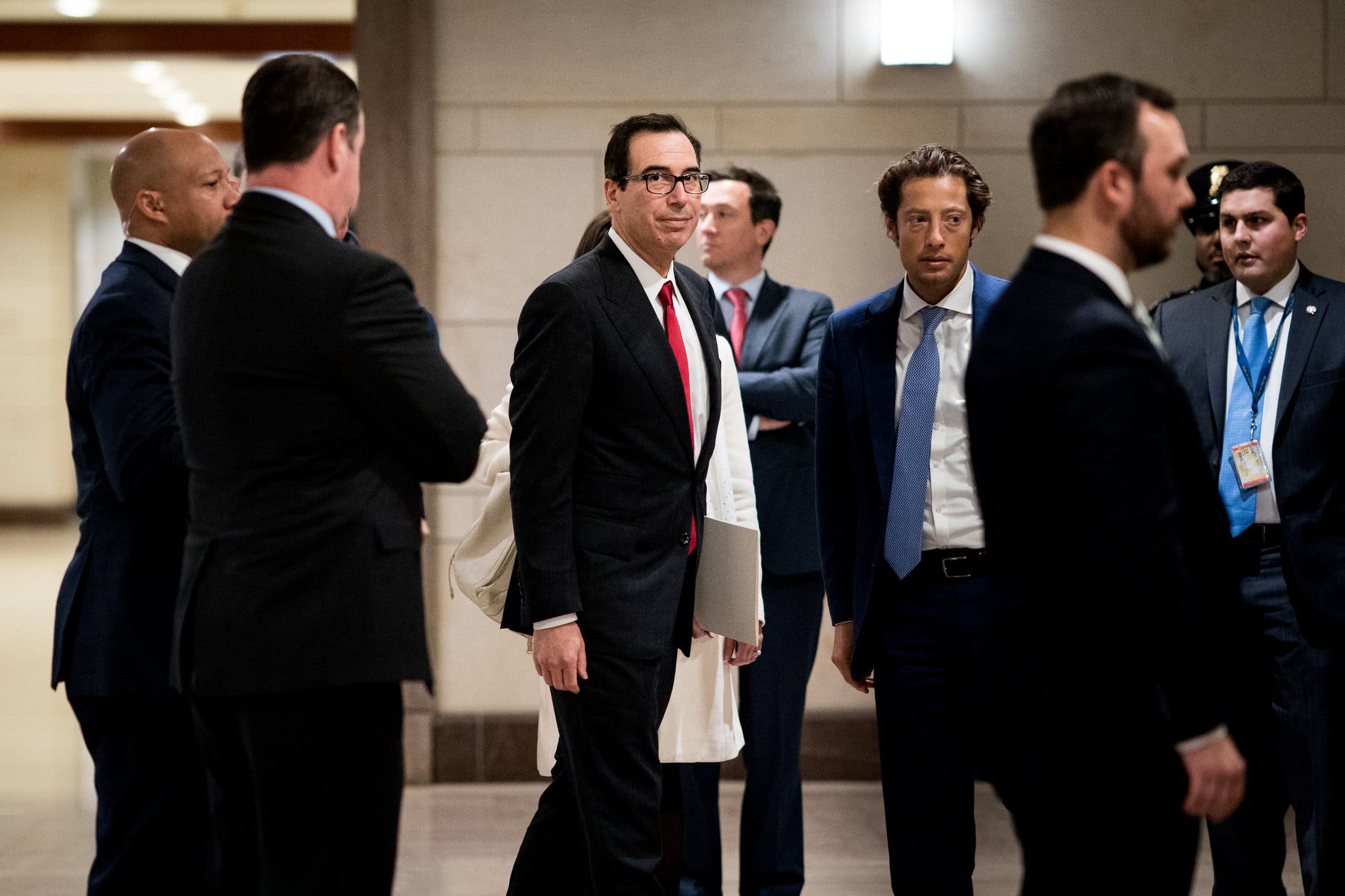White House Downplays New Russia Sanctions

Table of Contents
The White House's Official Statement and its Key Arguments
The official White House statement regarding the new Russia sanctions employed carefully chosen language to minimize their perceived impact. Instead of emphasizing the severity of the penalties, the statement focused on the ongoing diplomatic efforts and collaborative strategies with international allies. The administration aimed to present a picture of controlled escalation rather than aggressive confrontation.
Key arguments from the statement include:
- Emphasis on ongoing diplomatic efforts: The statement repeatedly highlighted the administration's commitment to diplomatic solutions and negotiations with Russia, suggesting that sanctions are merely one tool in a broader strategy.
- Focus on collaboration with allies: The White House stressed the coordinated nature of the sanctions, emphasizing close collaboration and unified action with key international partners. This aimed to portray the sanctions as a collective effort rather than a unilateral action.
- Claim that the sanctions are targeted and proportionate: The statement carefully described the sanctions as precisely targeted at specific entities and actions, avoiding broad-sweeping measures that could trigger wider economic repercussions. The word "proportionate" was used to suggest that the response was carefully calibrated to the situation.
- Assertion that the sanctions are not intended to escalate tensions: The White House explicitly stated that the sanctions were not intended to escalate tensions, thereby attempting to de-escalate any potential retaliatory actions from Russia and maintain a path towards de-escalation.
A direct quote from the statement (hypothetical, as a real quote would need to be sourced) could be: "These targeted sanctions are a measured response designed to hold Russia accountable while preserving avenues for diplomatic engagement and avoiding unnecessary escalation."
Reactions from Congress and International Allies
The White House's measured response to the Russia sanctions has drawn mixed reactions from Congress and international allies. Some members of Congress voiced concerns, advocating for a stronger, more assertive approach. Others expressed cautious support, acknowledging the complexities of the situation. Similarly, international allies exhibited a range of reactions, reflecting the diverse interests and perspectives involved.
Key reactions included:
- Support for a stronger response: Several Republican lawmakers criticized the administration's approach, arguing that the sanctions were too weak and failed to adequately address Russia's actions. They called for more comprehensive and punitive measures.
- Concerns about the effectiveness of the sanctions: Some experts and analysts expressed doubts about the effectiveness of the sanctions, questioning whether they would significantly alter Russia's behavior.
- Calls for further action: Various groups and organizations have called for further action, urging the administration to consider additional sanctions or other measures to increase pressure on Russia.
- Approvals of the White House's measured approach: Others praised the administration's cautious approach, arguing that it was important to avoid unnecessary escalation and maintain open channels for diplomacy. These allies emphasized the importance of finding a balanced approach to address the issue.
Potential Reasons for the Downplayed Response
The White House's decision to downplay the impact of the Russia sanctions might stem from several factors:
- Desire to avoid further escalation of the conflict: The administration may have sought to avoid escalating tensions with Russia, fearing a more aggressive response or further instability in the region.
- Focus on maintaining diplomatic channels: Maintaining open communication lines with Russia might have been prioritized to facilitate negotiations and prevent a complete breakdown in relations.
- Assessment of the limitations of sanctions alone: The administration may have recognized that sanctions alone are unlikely to achieve all desired objectives and require a broader, multifaceted approach.
- Concerns about potential economic repercussions: The administration might have been concerned about the potential economic impact of more severe sanctions, both domestically and internationally.
The Geopolitical Implications of the Downplaying
The White House's approach to the Russia sanctions carries significant geopolitical implications:
- Impact on relations with Russia: The downplaying might be interpreted by Russia as weakness, potentially emboldening further aggressive actions. Conversely, it may be seen as a sign of willingness to engage diplomatically.
- Influence on other nations considering similar actions: The response could influence other nations' decisions on imposing sanctions against Russia or other adversaries, potentially discouraging forceful action.
- Potential for future escalations or de-escalations: The approach could either lead to a de-escalation through diplomatic engagement or escalate the situation depending on Russia's response and future actions.
- Effects on global stability: The response's impact on global stability will depend on the effectiveness of the sanctions and the overall response from the international community.
Long-Term Strategies and Future of Russia Sanctions
The long-term strategy regarding Russia sanctions remains unclear. The current approach suggests a willingness to use sanctions as a tool but also a preference for diplomatic solutions.
Potential future scenarios include:
- Further tightening of sanctions: Depending on Russia's actions, the administration might impose further sanctions, potentially targeting more sectors of the Russian economy.
- Easing of sanctions based on Russian behavior: If Russia demonstrates a willingness to cooperate or de-escalate the conflict, the administration might ease some of the sanctions as an incentive.
- Shifting geopolitical alliances and their effects on sanctions: Changes in international relations could affect the effectiveness and implementation of sanctions, particularly if key allies waver in their support.
- Potential for new sanctions in response to future actions: The administration may need to impose new sanctions if Russia engages in further aggressive actions or violates international norms.
Conclusion
The White House’s decision to downplay the new Russia sanctions reflects a complex balancing act between punitive measures and diplomatic engagement. The approach carries significant geopolitical ramifications, with the reactions from Congress and international allies highlighting the multifaceted nature of the situation. Understanding these nuances is crucial to comprehending the evolving situation and predicting the future direction of Russia sanctions. Further developments should be closely monitored to assess the effectiveness of this strategy and gauge the long-term impact on international relations. Stay informed on this developing story by following our updates on the latest developments regarding Russia sanctions and related geopolitical events.

Featured Posts
-
 A Serial Killers Death Bath The Scene Of A Six Victim Massacre
May 30, 2025
A Serial Killers Death Bath The Scene Of A Six Victim Massacre
May 30, 2025 -
 Como Obtener Tu Reembolso Por La Cancelacion Del Festival Axe Ceremonia 2025 En Ticketmaster
May 30, 2025
Como Obtener Tu Reembolso Por La Cancelacion Del Festival Axe Ceremonia 2025 En Ticketmaster
May 30, 2025 -
 Musikgeschichte Hautnah Mozarts Clavierkonzert In Augsburg
May 30, 2025
Musikgeschichte Hautnah Mozarts Clavierkonzert In Augsburg
May 30, 2025 -
 Fridays Market Outlook Further Losses Expected For Live Music Stocks
May 30, 2025
Fridays Market Outlook Further Losses Expected For Live Music Stocks
May 30, 2025 -
 Kasper Dolbergs Potentiale 35 Mal I En Saeson
May 30, 2025
Kasper Dolbergs Potentiale 35 Mal I En Saeson
May 30, 2025
